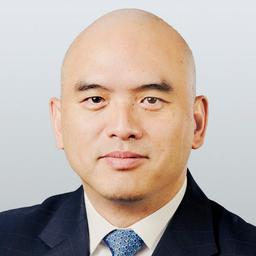Commentary
This year marked the 30th anniversary of the Tiananmen Square Massacre. Beginning the weekend prior, various commemorative events took place in many cities worldwide and peaked on June 4.


This year marked the 30th anniversary of the Tiananmen Square Massacre. Beginning the weekend prior, various commemorative events took place in many cities worldwide and peaked on June 4.